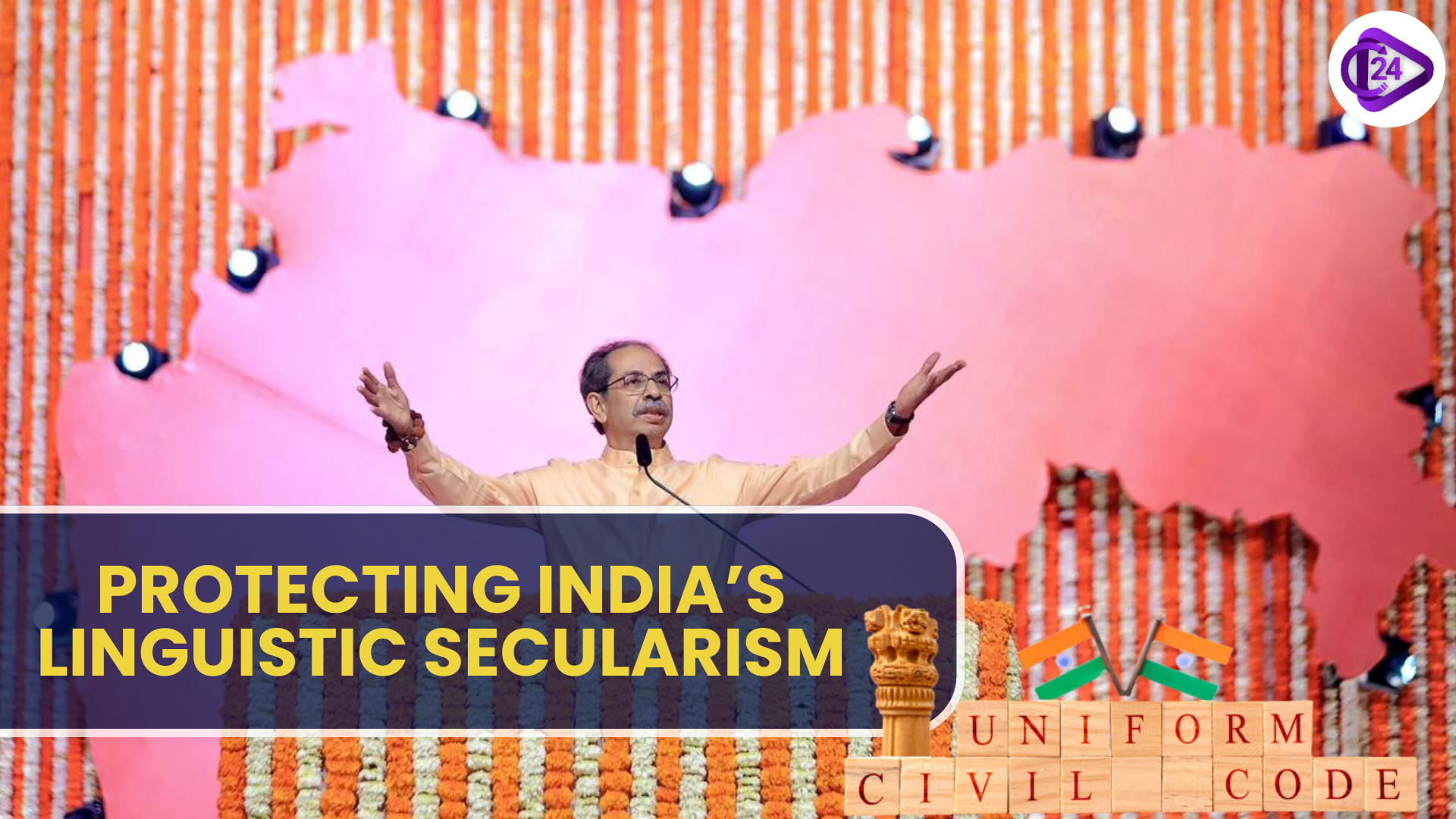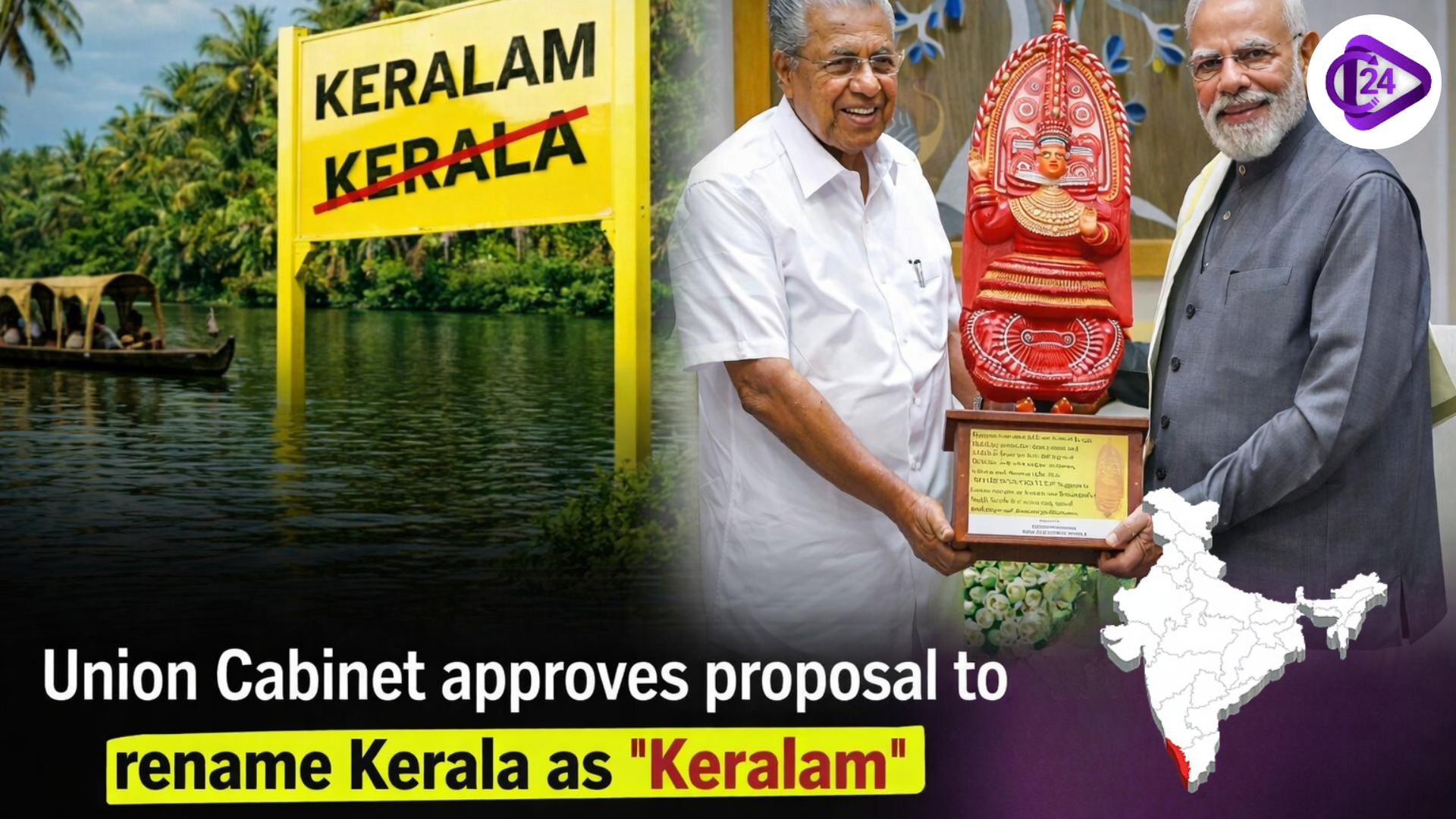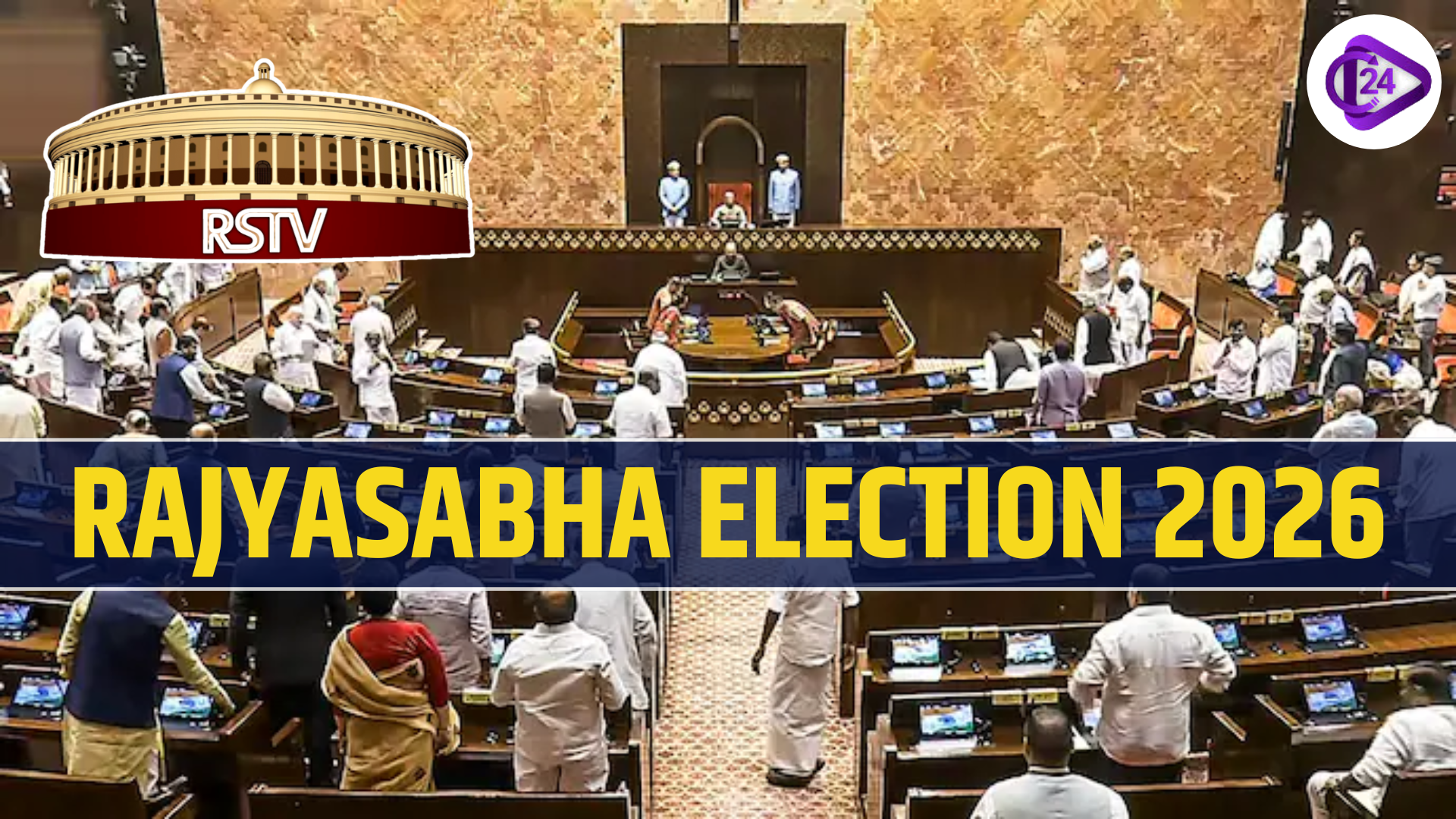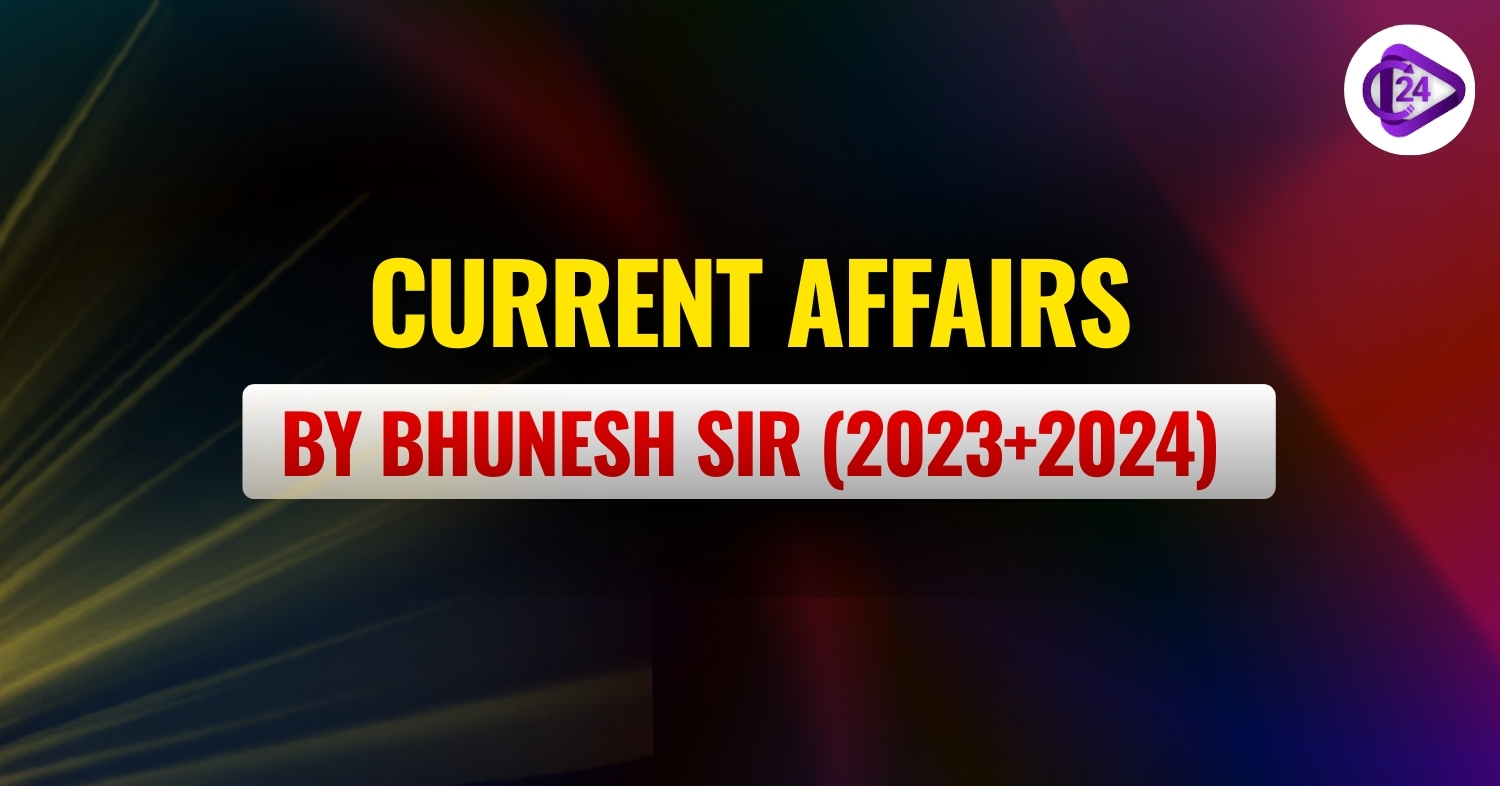Daily Quizzes
Mock Tests
No tests attempted yet.
Select Category

Indian secularism is closely associated not only with religious liberty, but also with the plurality of languages, wherein the constitutional guarantee is provided. India has 121 languages and 270 mother languages (2011 Census) as a country that promotes unity with regard to different cultures in the country. This secular fabric however is being questioned by the increasing form of linguistic chauvinism as is the case in Maharashtra. Articles 29 and 343 of India Constitution endorse accommodative linguistic rights and prohibit impositions. It is imperative to protect linguistic diversity in order to maintain the unity in diversity in India and its democratic spirit.
Context:
-
The discourse on linguistic identity, the imposition of Hindi and the rights of the regional languages have been re-emerging following the cases of language-based violence.
-
The paper makes the case of linguistic diversity as one of the pillars of Indian secularism and how this is being challenged by the mounting identity politics.
Key Points
-
Indian Secularism: wider than religion
-
Secularism in India is not similar to the western model:
-
not only state-religion separation but state neutrality and being supportive of all identities.
-
There is also linguistic neutrality therein, pro or anti none of the languages.
-
This constitutionally enables the state to tame communalism based on religion and language.
Constitutional Safeguard for language
-
Article 343: Hindi written in Devanagari script is not a national language, but an official language.
-
Other states are at liberty to make their own official languages.
-
Article 29: Every citizen, and especially the minorities, are entitled to keep language, script, culture.
-
Eighth Schedule: It contains 22 Scheduled Languages.
2011 Census:
-
There are 121 major languages.
-
Mother tongues were mentioned as 270.
-
More than that, 96.08 % speak one of 22 pulled-up Languages.
Dangers to Linguistic Secularism
-
Opposition to a forced Hindi in the South and northeastern States.
-
Tamil Nadu: past anti-Hindi Dravidian movement.
-
-
The identity politics is on the rise with recent attacks based on language in Maharashtra.
-
It is not true cultural protection, but exclusive nationalism.
-
-
The threat of division of the country and loss of diversity in unity.
Globalisation Vs Linguistic Chauvinism
-
The power of India is in tolerance and liberalism.
-
The imposement of language or religion in the name of nationalism is retrogressive.
-
Globalisation requires a tolerant and not close-minded cultural enforcement.
Political Parties Role
-
The political leadership should avoid gaining votes through language sentiments.
-
There is a necessity to proactively maintain pluralism as the one projected by the Constitution.
-
Linguistic secularism is needed to uphold democratic and federal spirit in India.
Conclusion:
The secularism in India is multidimensional as it is focused on religious or linguistic inclusiveness. Where a nation is as multi-lingual as India is, not only is the appreciation of all languages a cultural norm but it is even a constitutional rule. The political and civil society actors should make sure that language should not be a tool of division, but an instrument of unity in the Indian plural democracy.



 Union Cabinet Approves Renaming of Kerala to Keralam
Union Cabinet Approves Renaming of Kerala to Keralam Bihar Becomes 1st State To Launch AI-Powered E-Voting For Local Elections
Bihar Becomes 1st State To Launch AI-Powered E-Voting For Local Elections Rajya Sabha Election 2026
Rajya Sabha Election 2026






